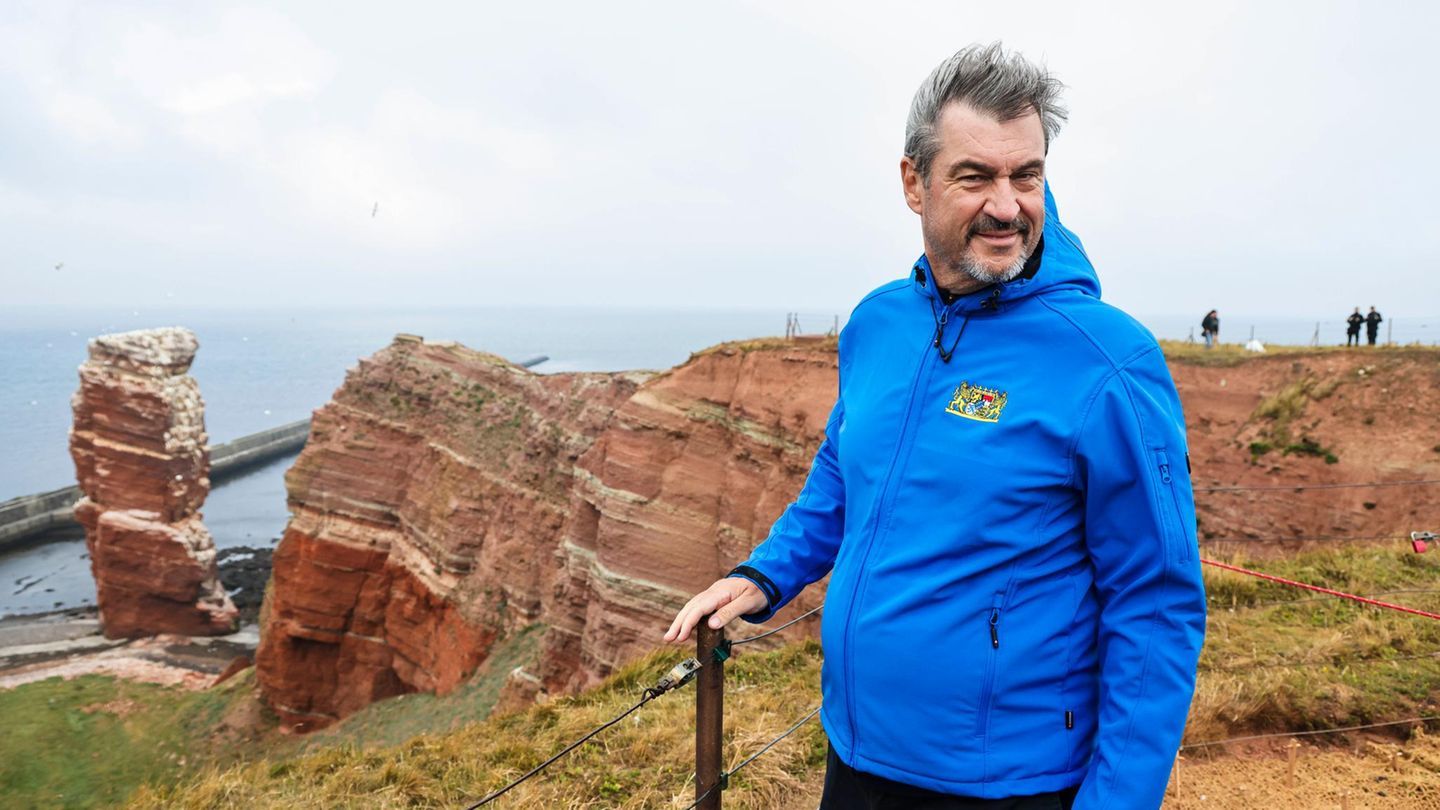The Christian Democrats are unable to assert themselves in a vote on a controversial nature conservation law. There is a majority for the project. However, the law has not yet been finalised.
In the EU, according to the will of the EU Parliament, more trees are to be planted in cities, more forests are to be reforested and rivers are to be restored to their natural state.
Parliament has voted in favor of a much-discussed nature conservation law for the European Union. After weeks of debate, MEPs in Strasbourg voted in favor of the project by a majority of 336 to 300, Parliament President Roberta Metsola announced.
Negotiations with the EU states are imminent
This means that the project – an important building block of EU environmental policy – could be passed before the European elections next year. But this is not certain. With Parliament’s approval, however, negotiations can now begin with the EU countries that are also involved. They had agreed on a position on the project a good three weeks ago. A final compromise must now be found so that the new requirements can come into force.
The nature conservation law goes back to a proposal by the EU Commission. A good year ago, she presented a draft of the so-called Nature Restoration Act, according to which there should be so-called restoration measures for at least 20 percent of the land and sea areas of the EU by 2030. Measures such as more flower strips so that pollinators such as bees can survive better are also planned.
The Christian Democrats in particular had stormed against the project. The right-wing ID parliamentary group, which includes the AfD, other conservatives and some liberals had spoken out against the law before the vote.
Parliament has also weakened the Commission’s proposal in several places: for example, there are no longer any plans to renaturalize moors that have been drained, and controversial conditions for farmers have also been removed.
Reactions to the voting result
“It’s absurd that we have to fight for the bare minimum,” Swedish climate activist Greta Thunberg said shortly after the vote. She had traveled to Strasbourg to campaign for the project. The law had been greatly weakened by Parliament. The co-chairman of the Greens group in the EU Parliament, Philippe Lamberts, also said that the law had been softened. “But at least we saved the packaging,” said the Belgian. This must now be filled.
Above all, the Christian Democrats supported the concerns of large farmers’ associations that farmers could be restricted too much by regulations. In the end, the votes of the Liberals and some EPP dissenters probably decided the outcome of the vote. The majority of Liberals eventually approved the law. The FDP deputies in the EU Parliament voted unanimously against it.
Reactions in Germany and attitude of the EU Commission
The Greens in Germany welcomed the result of the vote. Federal Environment Minister Steffi Lemke said: “This is a huge success for nature – and for all of us.” Party leader Ricarda Lang said in Berlin that the law protects the environment, strengthens species protection and biodiversity – and climate protection. “Because nature is our best ally in combating the climate crisis.”
The group leader of the European People’s Party (EPP), Manfred Weber (CSU), accused Lang of “closing ranks with right-wing forces”. In parliament, conservatives and the right-wing nationalist ID faction also voted against the law. The SPD faction deputy Achim Post made a similar statement. He also said: “Reason and progress have prevailed today in the European Parliament.”
Weber said after the vote: “We were very close.” He stated that he respected the EU’s democratic procedures. Open questions will continue to be addressed at the negotiating table. EU Commission Vice Frans Timmermans also signaled a willingness to talk about the upcoming trilogue negotiations, in which the EU states, Parliament and the EU Commission will finally negotiate the exact details of the law: “As always, I offer the EPP my open hand to find compromises to find ones that are acceptable to them as well,” he said after the vote. Christian Democrats had previously accused him of introducing a bad law.
Aside from politics, numerous large companies such as Ikea and H&M as well as food companies such as Unilever and Nestlé had spoken out in favor of the so-called law for the restoration of nature. In addition, environmental protection organizations, scientists, consumer advocates and some farmer organizations promoted it.
Source: Stern
I have been working in the news industry for over 6 years, first as a reporter and now as an editor. I have covered politics extensively, and my work has appeared in major newspapers and online news outlets around the world. In addition to my writing, I also contribute regularly to 24 Hours World.




